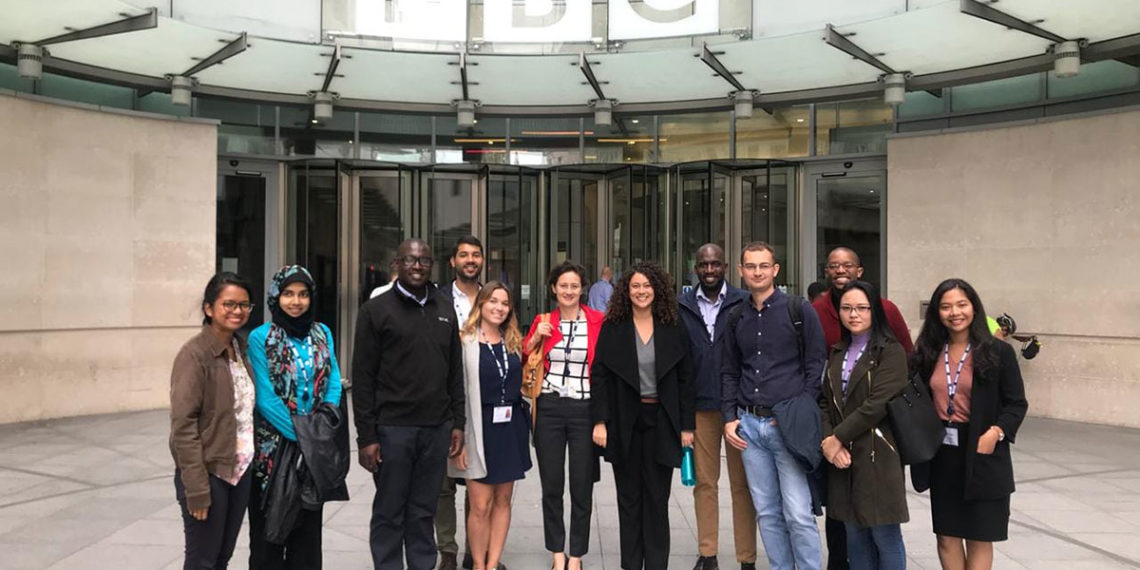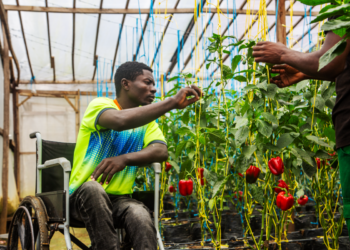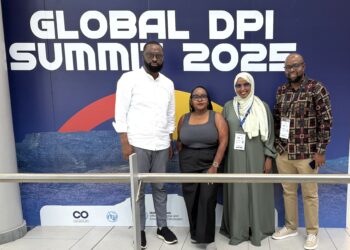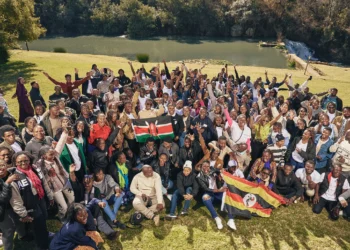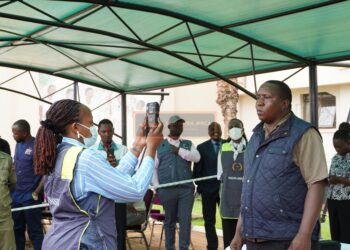November 1, 2022 is the final day to apply for the once-in-a-lifetime chance to undertake a fully-funded Masters study opportunity in the United Kingdom through the 2023/2024 Chevening scholarship programme. As that deadline draws ever closer, Benon Herbert Oluka, a Chevening scholarship alumnus, shares some useful tips that could help you prepare much better to compete for what could be a life-changing opportunity.
Nine months after I returned to Uganda from the UK, I landed a job with a global media non-profit that would have been out of my reach if I had not gone for further studies. One of the main requirements for the job was a masters degree, which I would not have been able to self-fund. Yet securing the scholarship was no walk in the park. It called for some studious planning, intense preparation, and the backing of a helpful support structure, among others. Below, I share some useful tips that would serve you well to keep in mind while putting together your own application. Good luck!
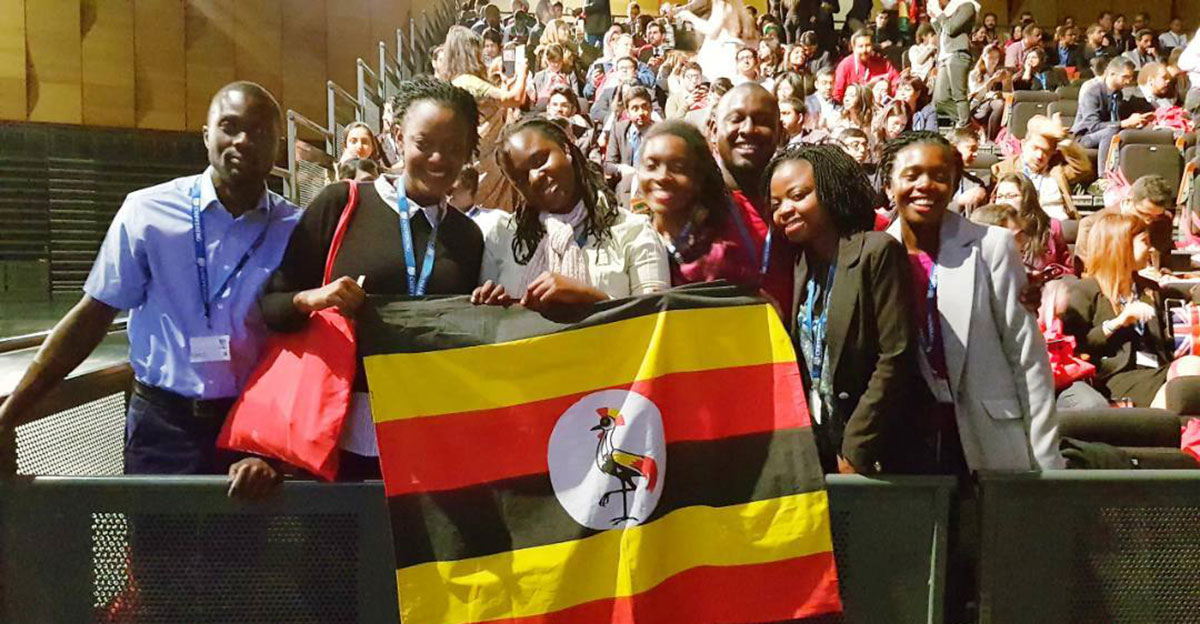
- Show that you had a plan before, and that you have a plan after, the scholarship. It took me 3-4 years of planning for the time I would apply for the scholarship, confident that I would be a competitive candidate by the time I did so. Some of the work that I did in those years was primarily geared towards boosting my chances of selection. It included trying out innovative ideas and bringing them to life, taking up leadership roles in my field, doing some voluntary work outside my regular work schedules that also fell within the scope of what I was doing professionally. By now, you must have done similar things. Your challenge at this point is to demonstrate in your application essay (and, subsequently, in the interviews) that what you have been doing in your professional and personal life makes you a worthy candidate.
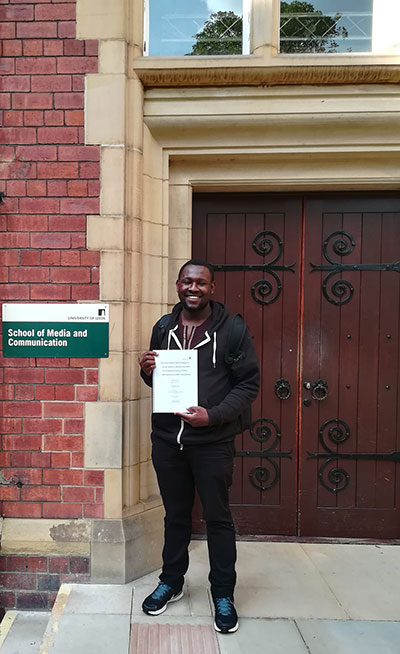
- Your passport to the next stage of the application process is your essay. You are probably going to be more than 1000 initial candidates applying for next year’s scholarship (in our case we were 640) so you will have to write an essay that is compelling enough to stand out from that crowd. Please share your essay with as many people who are willing to read and edit it, analyse and point out areas you need to improve and read again to make sure you have raised the bar from the last time around.
For your response to each essay question, you will be asked to work with just 500 words. Don’t be intimidated by this requirement. For your first draft, write from the heart and don’t worry about the word count. One of my first drafts was 2000 words long. Once you have put it all out there, then you can start editing down your essay to the acceptable word limit. You will eventually find individual words that carry the same meaning as nearly entire sentences in your essays. Or you will find friends who know such words.
- Deal with the preliminary stuff early. In my case, I paid for an IELTS exam around the time I was submitting my application (in November 2016), a whole seven months before the deadline. I also submitted applications to three universities so early that by December, I had received two unconditional admission offers and by February 2018 (two months before even the Chevening interview period – and more than five months before the deadline) I had received the third and final required offer.
What this does is to demonstrate to the Chevening people that you are very serious about the scholarship and you are willing to go the extra mile to fulfil the requirements even before deadline time. So, don’t wait until the last minute to meet some of the requirements that are within your means to satisfy as early as possible.
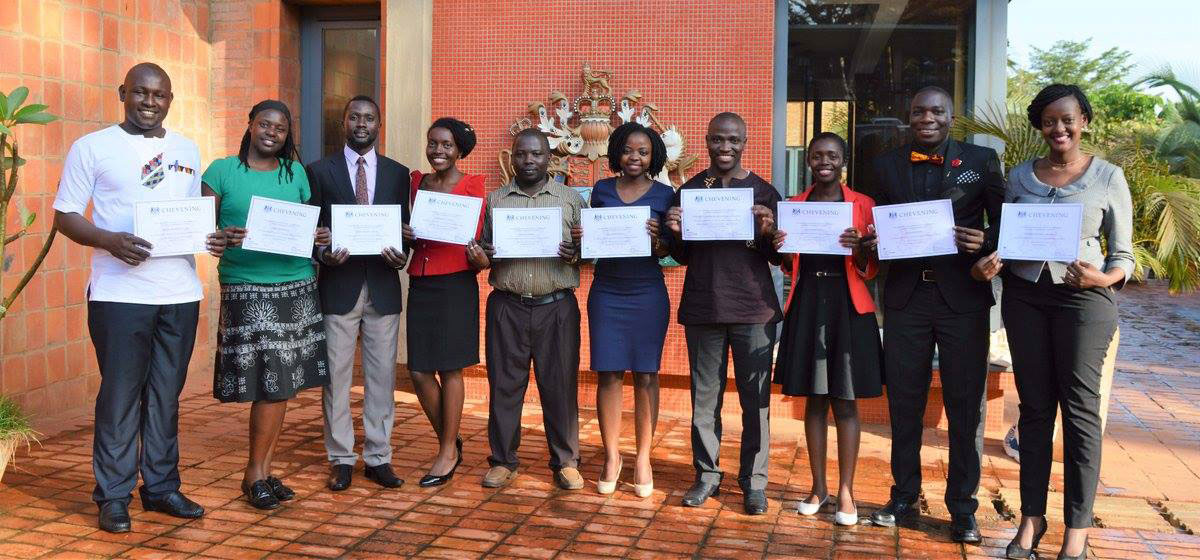
- Pick your referees carefully. Besides your (admittedly biased) application essays, the only other way through which the Chevening people are going to try to get to know you is through your referees. That means they have as much power as you do to either help you progress to the next round of the application process or not. In which case, you need to put some very deep thought into who you choose to be your referee.
On this, my tip is that you need to choose someone who has known you professionally for as long as possible. Let this person be one who can narrate your professional journey (and improvement along the way) from way back. If possible, it should be someone who has been involved in your circles so closely that they don’t need a draft recommendation letter from you to tell your story. They should be able to tell your story straight from the heart. This could be a boss or a mentor who has worked with you closely. It should also be someone of strong professional standing.
Having said that, I need to emphasise that this is not the time to choose your closest friend because they are your friend. That one can wait to occupy another slot. Choose the best possible referee you have got because you don’t know the credentials of the referees that your competition is bringing to the table.
- Should you make it to the interview stage, I would advise that you do as many mock interviews as possible. You can find some of the questions that are asked by the panel online so try to familiarize yourself with them and face a mock panel to see, beforehand, how you would answer. This panel should, of course, be able to advise you on how you can provide better answers from your submissions, answers that should largely tally with the information that you provided in your application. In my case, I actually applied for a number of jobs I didn’t intend to take up because I wanted to test myself in as many real-life, pressure-cooker interview sessions as possible.
If you are not confident about your public speaking skills, it does not hurt to take up a public speaking course as you wait for the interview round of the application process. Remember, you are trying to win a once-in-a-lifetime opportunity.
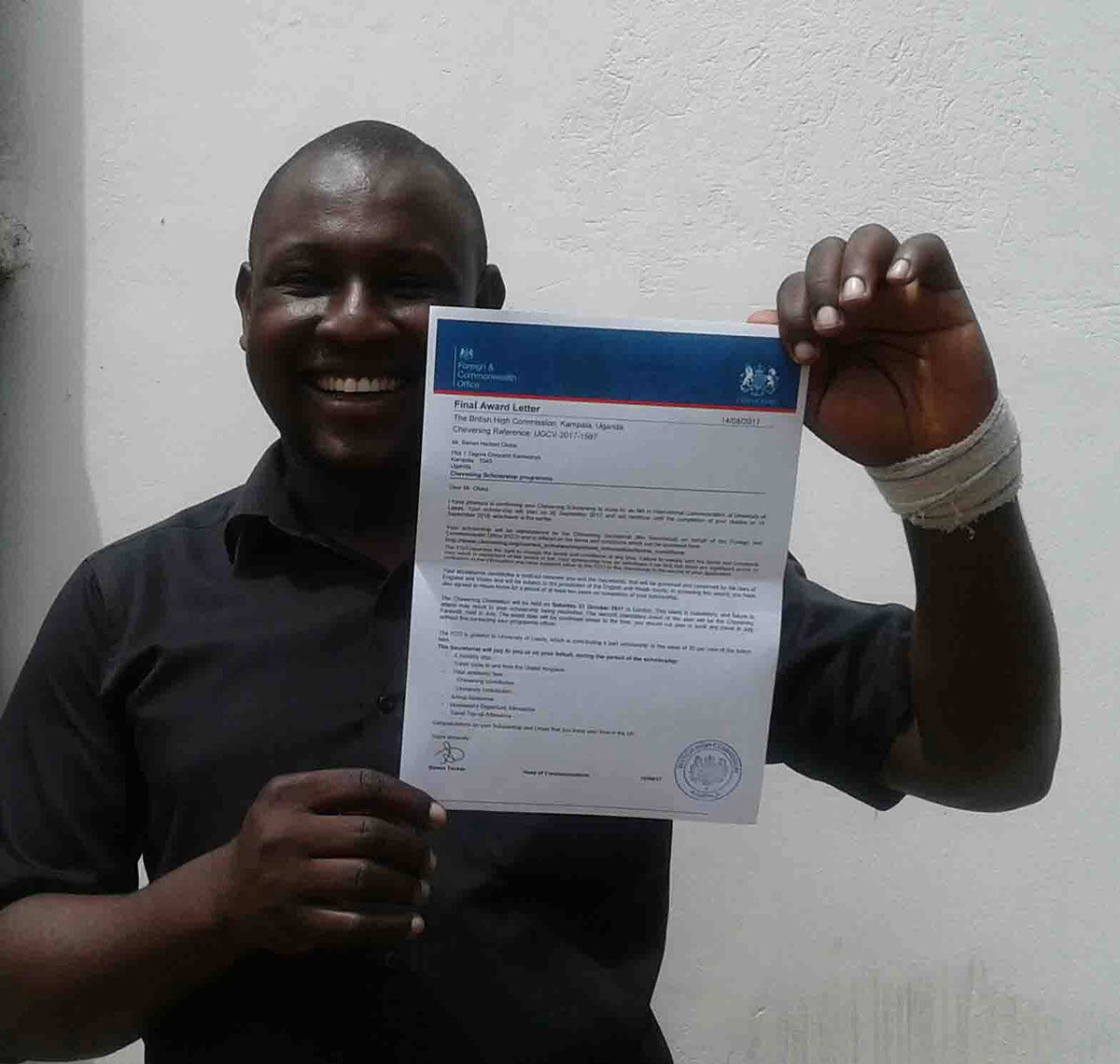
- Finally, I would encourage you to look up other opportunities as well, beyond the Chevening scholarship. There is the Commonwealth Shares Scholarship, for instance, (separate from the commonwealth scholarship scheme administered by the ministry of education) can also get you to a U.K university on just about the same terms as the Chevening. Don’t put all your eggs in one basket. Spread the risk. Go ahead and apply for as many scholarships as possible. In my case, I applied for a total of nine scholarships and got only the Chevening. But who knows which one you will get.
Benon Herbert Oluka received a Chevening scholarship in the 2017/12018 academic year to pursue a Masters degree in International Communication from the University of Leeds, from where he graduated with a distinction. While in the UK, he was emerged among the 10 Chevening scholars selected for a three-month post-study placement at the BBC World Service in London, where he worked as a trainee radio producer on the NewsDay programme.


